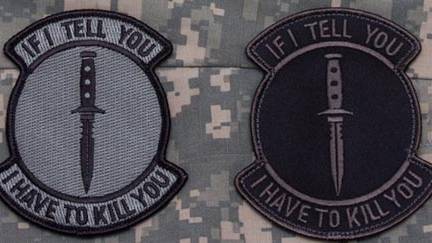Washington’s 5 Worst Arguments for Keeping Secrets From You
Source: wired.com

The government’s vast secrecy bureaucracy does two things with great frequency. The first, of course, is keeping secrets. The second is devising elaborate reasons why you can’t know what those secrets are.
It’s hardly a secret that the government overclassifies basic information about what it does. What often gets overlooked is that the reasons it cites are often absurd. Sometimes they’re craven cover-ups learned years after the fact. Sometimes they’re ironic — or cynical — invocations that disclosure would aggravate the very problem it’s supposed to solve. Sometimes they’re bald contradictions of established policy or routine procedure.
Either way, the government has left a long, twisted trail of pretzel logic when it comes to all of the reasons you can’t know what it’s doing. Here are some of the lowlights.
Nuclear Experiments on People Would Have ‘Adverse Effects on Public Opinion’
Government secrecy is perhaps at its most pronounced with nuclear weapons. And most people would probably agree that discretion is the better part of valor when it comes to the US’s most dangerous arsenal. But that leeway probably doesn’t extend to atomic experiments on human beings. Still, back in the 1940s, the Atomic Energy Commission decided you couldn’t know about anything of the sort.
We now know that at the dawn of the nuclear age, the commission indeed used human guinea pigs to learn what the effects of atomic blasts and lingering radiation would be on the human physiology. In 1947, the commission wanted word that it was, among other things, feeding irradiated food to handicapped children kept very quiet. Its rationale was straightforward in its brazenness: We don’t want to be sued by an outraged public.
[...]
Read the full article at: wired.com
Image: Source Military patches, courtesy of milspecmonkey.com






















